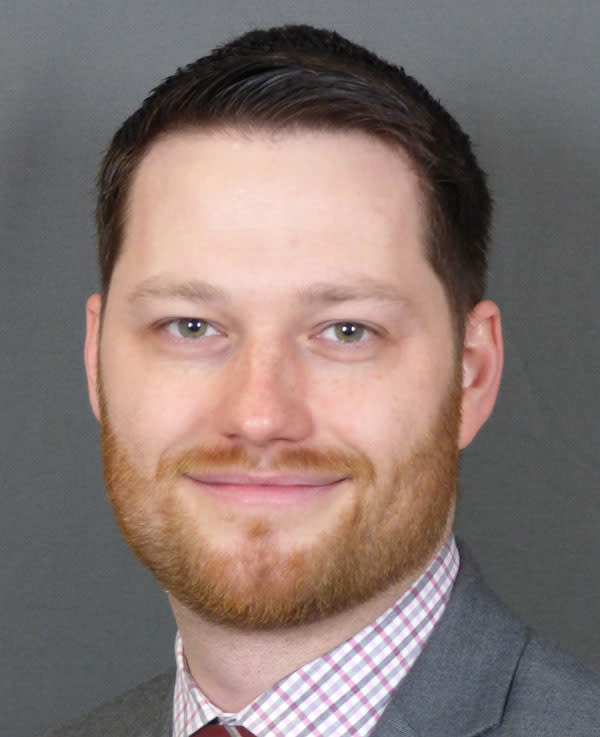Landfills: Sausage making best left to the experts
Landfills: Sausage making best left to the experts
Nobody wants to know how the sausage is made, we just accept that it happens and move on with our lives. While this adage is typically mentioned during discussions of the lawmaking process at the State House, it also applies to many other aspects of our everyday lives including solid waste disposal. Many of us are content to simply put our full trash bin at the curb as we leave for work and put the empty bin back when we come home. Not only do we not want to know how the sausage is made, we don’t even want to know where it goes either.
Yet solid waste disposal is an important and integral part of life; we all produce waste with our everyday activities. While we may not want to think about it, we have to do something with our waste — everything from soiled pizza boxes to dirty diapers to food packaging and plain old paper. Naturally, reducing the amount of waste we create in the first place is most important. After that, we want to recycle as much as we can, further reducing waste. But what about the rest of it? The stuff we can’t avoid or recycle? That’s where the importance of landfills comes in.
Landfills provide a critical role by providing a safe, centralized point for disposing of solid waste. These landfills are engineered with the latest technologies and engineering to ensure waste (and the pollutants contained within it) does not leak into nearby areas. Solid waste companies employ teams of engineers to ensure landfills have the most up-to-date methods to protect the environment.
The New Hampshire Department of Environmental Services (NHDES) has its own team of experts to verify the landfill’s safety during the permitting process. NHDES double-checks everything to make sure the design of the landfill meets all requirements for a safe disposal site. It has long lists of regulations that govern the siting and building of landfills, formulated through years of science and dialogue with stakeholders to ensure proper disposal of solid waste.
Despite the expertise involved in the landfill siting process, the Legislature (its members are mostly volunteers and not experts) has been trying to take matters into its own hands by introducing bills that would restrict the siting of new landfills in the state. The most recent bill, HB 177, would have prohibited siting new landfills within two miles of a state park, claiming it was necessary to preserve the environment around these areas. But isn’t that what NHDES is for – to determine if a project is environmentally safe during the permitting process?
Thankfully, HB 177 and its predecessors have all failed to pass the Legislature so far. Laws that place restrictions on siting landfills limit how much land is available for new landfills in the state. Maybe not by much at first, but what about when future legislatures decide no landfill should be within two miles of any public outdoor space? What about two miles from any water? Soon there will be nowhere landfills can be built.
The state’s current landfill capacity is diminishing and that means costs are going up for everyone. Landfill capacity is just like any other limited resource – as availability goes down, the costs of using that resource go up. These increasing costs are especially felt by our businesses. Proposed laws that restrict landfill capacity will only make a bad situation worse.
Furthermore, while we would all like to reduce our waste and recycle more, technology hasn’t advanced enough to completely stop using landfills. For now, landfills serve an important role and we need to ensure their continued availability until recycling technology or other technologies get better.
So, while everyone can agree landfills should be a last resort for solid waste disposal, we simply aren’t ready to end their use entirely. The good news is that landfill technology is always improving and for every project there is a team of company and NHDES experts to ensure environmental safety. The Legislature should keep this in mind and let the experts handle landfill siting.
David Creer is director of public policy for the Business and Industry Association.
##
Images

Additional Info
Media Contact : Rick Fabrizio, rfabrizio@biaofnh.com
